'The first feature we’re introducing is a keyword moderation tool that anyone can use. Now, when you tap the gear icon on your profile, you’ll find a new Comments tool.
This feature lets you list words you consider offensive or inappropriate. Comments with these words will be hidden from your posts. You can choose your own list of words or use default words we’ve provided. This is in addition to the tools we’ve already developed such as swiping to delete comments, reporting inappropriate comments and blocking accounts.'

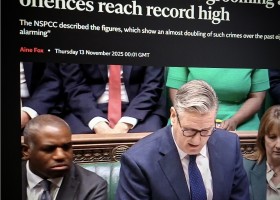


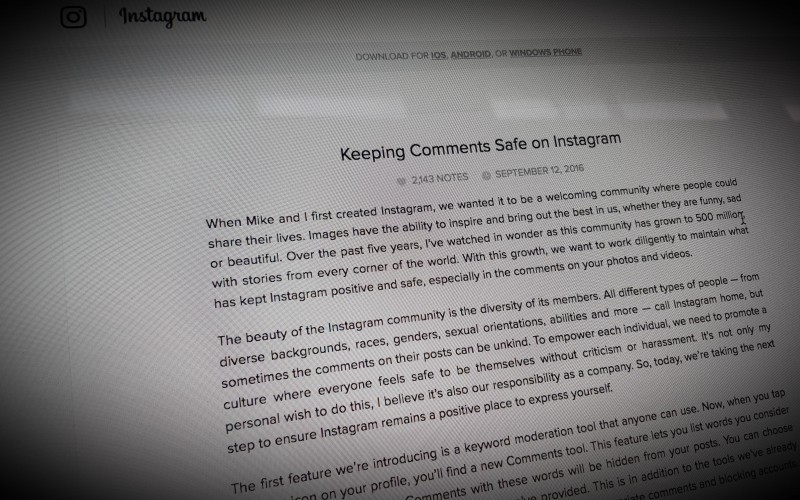

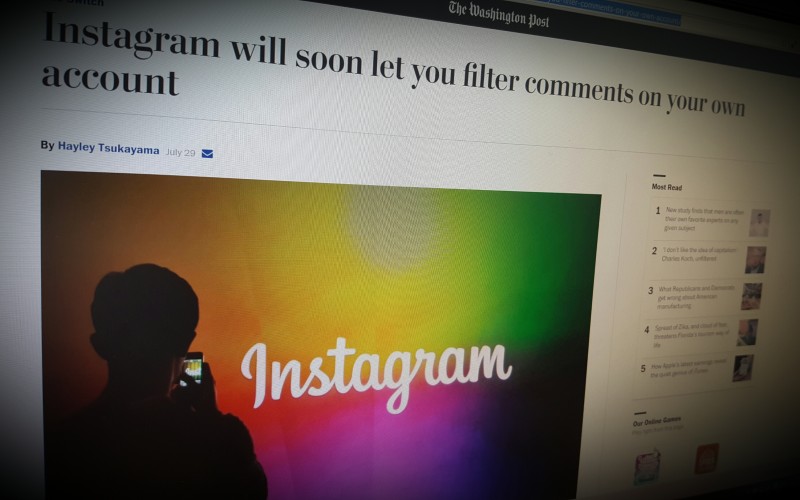
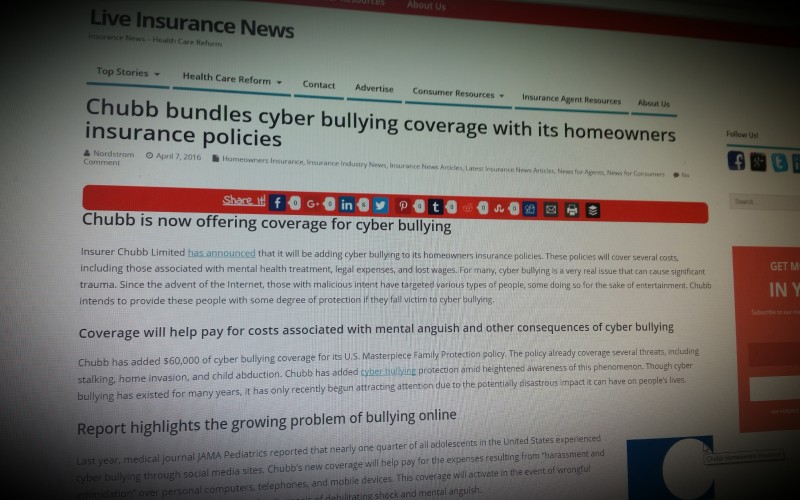
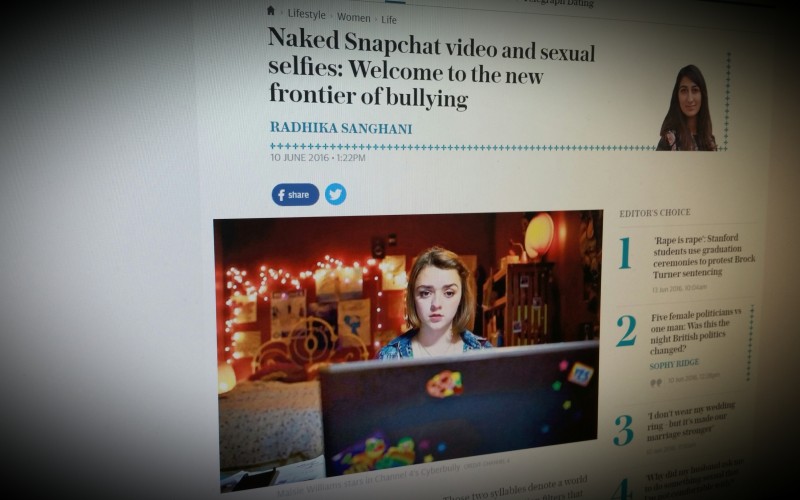
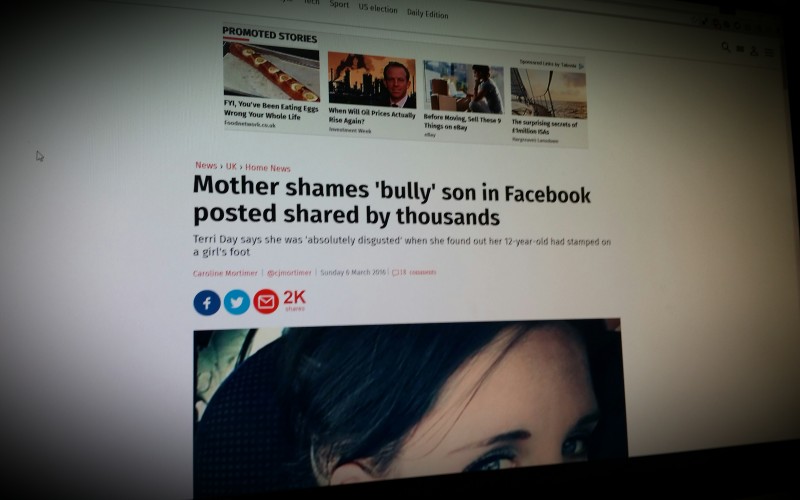
Comments
make a comment